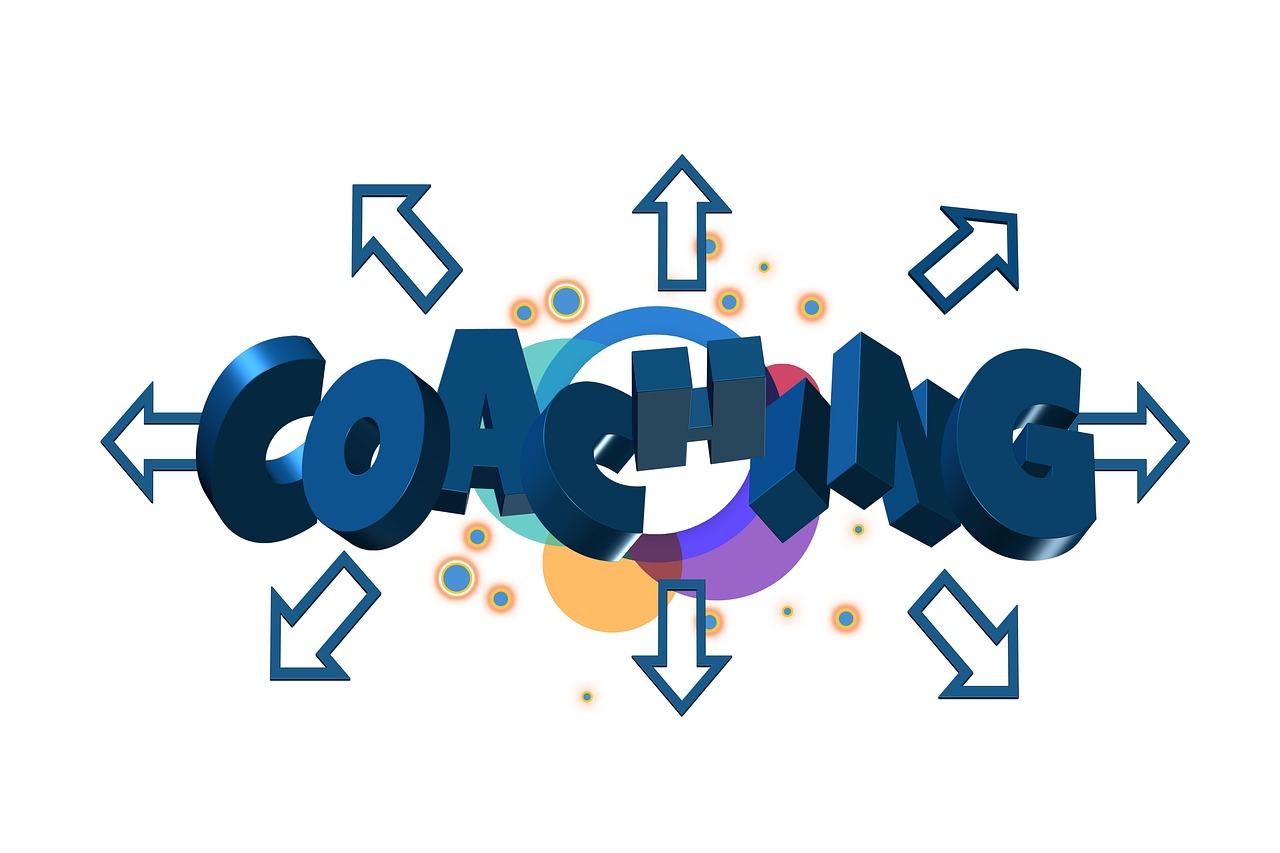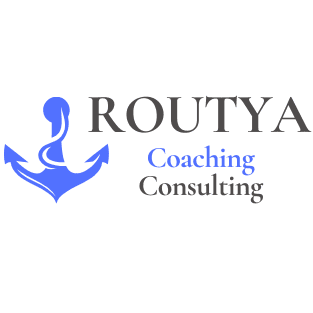
What is coaching?
Coaching is future focused.
From the perspective of a purist, coaching is a process through which a client and a coach co-create a thought-provoking and creative discussion, meant to assist the client in maximizing their personal potential or addressing a challenge. The coaching techniques applied are meant to provide a structure that supports the client to transform, as they align with their purposes, set intentions and overcome various types of obstacles. It can feel like a discovery process, where the client uncovers things they realize that in one way or another, they already knew.
The coach meets the client where they are, whether it be on that day or in that phase of their life, and approaches the session with a belief that the client is complete, whole and wise. The client may feel that they are not presenting themselves as complete, whole and wise, and the coach has training to open up the conversation to locate that essence.
The coach may have a range of styles of coaching presence, and the client’s needs or requests are what determines the tone of the session. For example, a client may want to have a grounding mindful meditation moment at the beginning of the session, to assist them in transitioning from being mentally where they were before the session started and transition into the session. Alternatively, the client might want to jump right in and get into a deep dive discussion about the heart of a challenge they are experiencing.
It is the coach's responsibility to:
∙ Discover, clarify, and align with what the coachee wants to achieve ∙ Encourage self-discovery.
∙ Elicit coachee-generated solutions and strategies.
∙ Hold the coachee responsible and accountable – if accountability is part of the co-created coaching agreement.
Coaching may occur alone in its pure form, or the session may also include consulting and mentoring. These options are the choice of the client.
Sample Contemplations Discussed During Coaching
Self-Reflective Client Question
What's holding me back - is it the environment or my mindset?
Coaching uncovers internal barriers and shifts limiting beliefs that impact progress.
Self-Reflective Client Question
Why is it so hard to stay calm during high-stakes situations?
Coaching aims to identify tools for emotional regulation and grounding during intense moments.
Self-Reflective Client Question
Am I still on the path that aligns with my goals and values - or have I drifted?
Coaching helps reconnect you to your core purpose and vision.
Self-Reflective Client Question
How can I stop repeating the same patterns that don't serve me?
Coaching brings deeper awareness of existing patterns, unravels self-sabotaging habits with curiosity and compassion, and supports the formation of new patterns.
Self-Reflective Client Question
Am I constantly putting out fires with clients, colleagues, or partners? Is there a way I can prevent this from happening as frequently?
Coaching brings out conflict resolution strategies rooted in ethics, mindfulness, and calm leadership.
More Sample Coaching Topics

Looking for Coaching Around Topics that Relate to Selling Your Business or Buying a Business? A sample multi-session plan may look like:
Uncovering Internal / External Hurdles to Sell or Buy.
Considering types of Sellers or Buyers and various dynamics.
Due diligence - What it might be in your industry, planning a mindset around managing the review and what is important to you.
Contemplating Employees.
Examining what else in your life is fulfilled by your business and consider how it impacts life / work balance.
Exploring the next steps after sale or purchase.
